What if you were sentenced to death for a crime you did not commit?
Les Bower was sentenced to Texas Death Row in 1984, where he spent 31 years until the state executed him in 2015. His wife, Shari Bower, wrote a memoir about this tragedy called Before They Executed Him: A Wife’s Story of Death Row. I feel honored to have worked on her book, which was a catalyst for Crime & Compassion: without this story, Crime & Compassion would not exist.
Les and Shari’s firstborn daughter, Leslea, was just a young girl when FBI agents and Texas Rangers charged her father with four counts of capital murder. Today, she’s going to take us back to Grayson County, Texas, and share her side of the story in the first-ever episode of Crime & Compassion Podcast, Season 1.
The Story of Les Bower
Les Bower was a loving husband, a doting father to two sweet girls, and an avid outdoorsman. He couldn’t get enough of the outdoors! Whether it was hiking up mountains or rafting the Colorado River, Les loved to be outside with his family, making memories and taking them on epic adventures.
It was because of his love for the outdoors that Les became a scapegoat for the horrific murders of four men.
On October 8, 1983, in Grayson County, Texas, Les drove to a hangar to look at—and put down a deposit for—a glider. He got a receipt for his deposit and made plans with the seller, Bob Tate, to give him lessons in the future. He went home and cooked burgers with his family that evening.
On October 8, 1983, in Grayson County, Texas, four men were found dead in an airplane hangar: Bob Tate, Jerry Brown, Philip Good, and Ronald Mayes. They were shot execution-style.
On January 20, 1984, FBI agents and Texas Rangers came to Les and Shari Bower’s home and charged Les with four counts of capital murder for the 1983 killings at the hangar. Their evidence? They found pieces of the ultralight aircraft in the Bower home and the receipt for the down payment. It proved that Les was there that day, buying a glider from one of the victims. However, there were no fingerprints, no DNA, no witnesses to the crime, and no murder weapon found. Les also had zero criminal history, maintained his innocence, and fought hard for the truth to come to the light.
In 1985, during trial, Les was found guilty through circumstantial evidence. He was sentenced to Texas Death Row, where he would spend the next 31 years. On June 3, 2015, Les was executed by lethal injection in Huntsville, Texas, and pronounced dead at 6:36 p.m.
And Les Bower was, and still is, an innocent man.
Who Actually Killed Those Four Men?
In 1989, an anonymous woman (eventually called Witness Number One) phoned Shari Bower to tell her what she already knew: that Les was innocent. She had been in hiding for a few years but stumbled upon an article about Les Bower getting the death penalty for the 1983 murders in Grayson County.
This woman told Shari that her ex-boyfriend, Lynn, and three other men—Ches, Rocky, and Bear—had killed those four people in Sherman, Texas.
It was a drug deal gone very wrong.
In October 1983, W#1 was driving with her then-boyfriend Lynn through Sherman, Texas. Lynn was agitated and acting strange; he made her take a weird, longer route to avoid going anywhere near the hangar. But W#1 opted to take the easier route. But when Lynn realized where they were, he tried to hide his face by ducking down. Lynn admitted to W#1 that he, Ches, Rocky, and Bear “had to kill four people.”
A few days after the murders, W#1 heard the men discussing and even joking about the killings. One a different night, after he had a nightmare, Lynn told W#1 about seeing the eyes of a victim staring back at him and hearing shots reverberate inside a big tin building.
Years later, W#1 would appear before the courts in the 2000 hearing for a retrial. And she wasn’t the only one who knew Les was innocent. Bear’s wife and son even came forward to corroborate her version of events. But because W#1 had a drug history back in the day, she was not a credible source.
Witness Number One said: “I know in my heart that he didn’t do it. I just could not in my conscience sit back and just go, ‘Oh well, sorry.’ No one will ever convince me that Mr. Bower did it.”
“Much has been written about this case—not all of it has been the truth.
But the time is over, and now it is time to move on.
I want to thank my attorneys for all that they have done.
They have afforded me the last quarter of a century.
I would like to thank my wife, my daughters, family, and friends for their unwavering support, and all the letters and well wishes over the years.
Now it is time to pass on.
I have fought the good fight. I held the faith.
I am not going to say goodbye.
I will simply say until we meet again.
I love you very, very much.
—Les Bower’s last words
Shari Bower & the Memoir
Shari Bower, Les’s wife, wrote a book called Before They Executed Him: A Wife’s Story of Death Row. It details everything from the day she and Les met to the moment they said goodbye forever. Her memoir has changed a lot of lives, including mine. In January 2021, she passed away and finally got to see her husband in heaven.
From Chapter 1: The End
I continued looking at his face and back again at the crisp, white shroud. I found myself holding my own breath as I searched for signs of his breathing. I was not sure when the drugs had started to enter his body. Only one person knows that: the executioner. The state of Texas makes sure the executioner is never seen. That person is behind a wall, just behind the gurney where the inmate lies. A three-part “cocktail,” as it’s called, is used. The first drug is an anesthetic that causes the prisoner to lose consciousness. The second is a paralyzing agent to render him immobile. And the third is potassium chloride to stop the heart. At one point, my husband closed his eyes, his jaw going a bit slack, and he looked as if he were sleeping. Did it stop? No, there—it moved again. I couldn’t be sure.
I could see the warden out of the corner of my left eye, his head never moving as he glanced up now and then, looking at something on the wall at the other end of the room, something I couldn’t see. He stood motionless behind Les’s head with his hands folded in front of him, staring straight ahead. He was immaculately dressed in a deep-blue suit. His tie and a handkerchief tucked in his pocket were a lighter blue, coordinating perfectly with his shirt. His shoes were polished. He looked as if he were going to a movie premiere rather than overseeing the death of an innocent man.
The chaplain of the Walls Unit stood at Les’s feet, a small New Testament in his hand. I glanced over to see that it was open to Philippians. His other hand rested lightly on Les’s right ankle. A door opened, and a man with a stethoscope around his neck entered the room and walked directly toward my husband. He lightly touched Les’s neck, looking for a pulse. Still, the warden did not move. The man turned to look at whatever the warden had been glancing at and declared it was 6:36 p.m. It was Wednesday, June 3, 2015.
I had become a widow.
What Passionate Pleas What passionate pleas, my heart doth cry, When to the Lord, my soul asks, “Why?” This pain no longer can I bear, And silent cries I feel my prayer. They’re lifted up, but are they heard? I long await, but ne’er a word. I pray in heaven I might dwell, But at this moment, I fear ’tis hell. Shari Bower — March 25, 1989
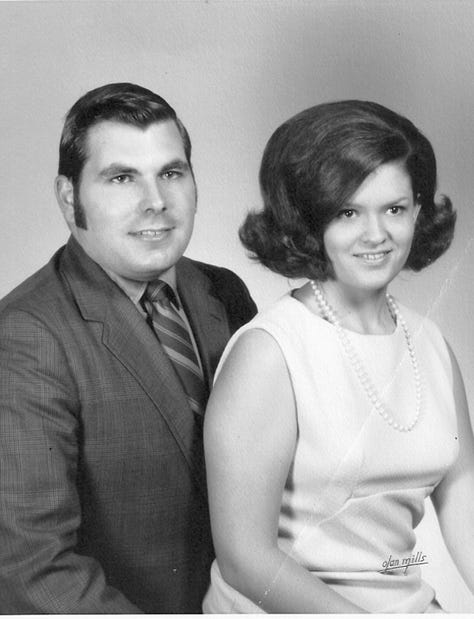

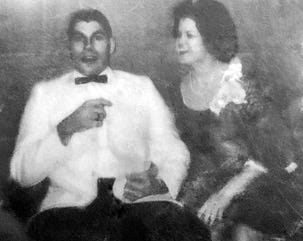
"Whatever you think about the benefits of having capital punishment, no one could possibly argue that executing an innocent man is in the interests of the state or our society. Our interests as lawyers and as people should be that our government, when in doubt, should not go forward with an execution. There is ample evidence to give people reasonable doubt about whether Les committed these murders. In my view, the evidence is compelling that he didn't."
—Anthony Roth, Bower Appellate Team
The Late but Forever Great Shari Bower
If I had only realized how precious my time with Shari would be . . .
She made me laugh. One night when I was staying with Shari in Arlington, I asked her if she wanted to watch Mindhunters with me. She asked what it was; I explained it was like true crime. She rolled her eyes a bit, smirked perfectly, and said: “Eh, I’ve already lived that, honey. Hand me the remote.”
She made me cry sweet tears through her writing. There is one paragraph that, despite how many times I’ve read it, prompts me to burst into tears. It’s the last time Les wraps his hands around her own, right after his sentencing. The way she describes his hands always leaves me reaching for a tissue.
She changed my life. I do not say that lightly. Without Shari, the idea of Crime & Compassion would not exist. It happened because of her.
Shari, I miss you. I love you. And I’m so glad you’re holding Les tight in heaven.
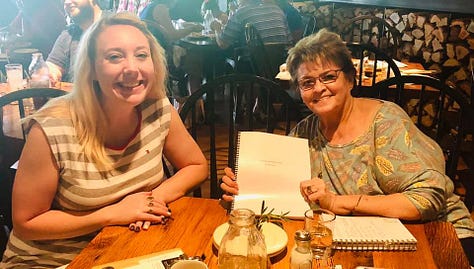



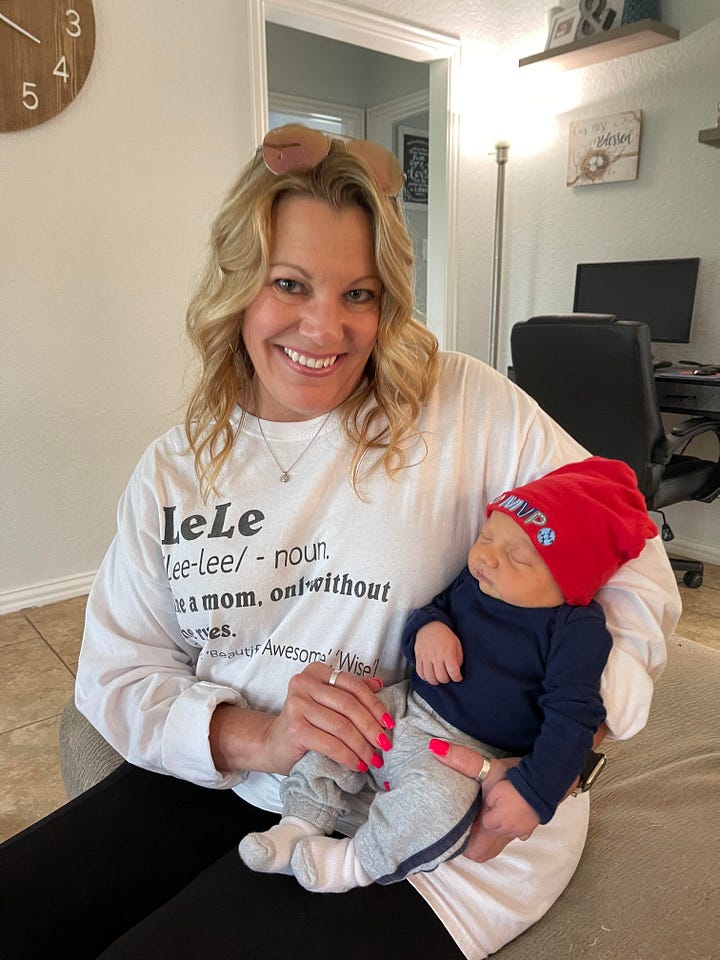


Leslea Miller is a hairstylist of 30 years living in Arlington, TX. She enjoys gardening and is a grandmother to three. At the age of 11, her father was arrested on four counts of capital murder that he did not commit. He was tried, found guilty, and sentenced to death in 1984. Her family spent the next 31 years trying to exonerate him, but in 2015, the state of Texas ultimately executed him. Leslea’s mother, Shari, published a memoir in 2020 detailing their life. Shari died 8 months later. Leslea is committed to keeping her parents’ legacy alive by sharing her life story with others.
Crime & Compassion strives to shake up how we view and treat the incarcerated. Podcast host Shayla Hale asks difficult questions to gain a more compassionate understanding of those who were written off. The podcast serves as a safe space for the formerly incarcerated, currently incarcerated, their families and loved ones, and those who work with men and women in US jails and prisons. Crime & Compassion’s goals are 1) to show love and kindness toward the captives, 2) to help bring their stories and art into the world, 3) to completely flip the narrative on the US justice system by having tough conversations, 4) to educate society on why people commit the crimes they do, and 5) to reframe how people see, treat, and think about the incarcerated.




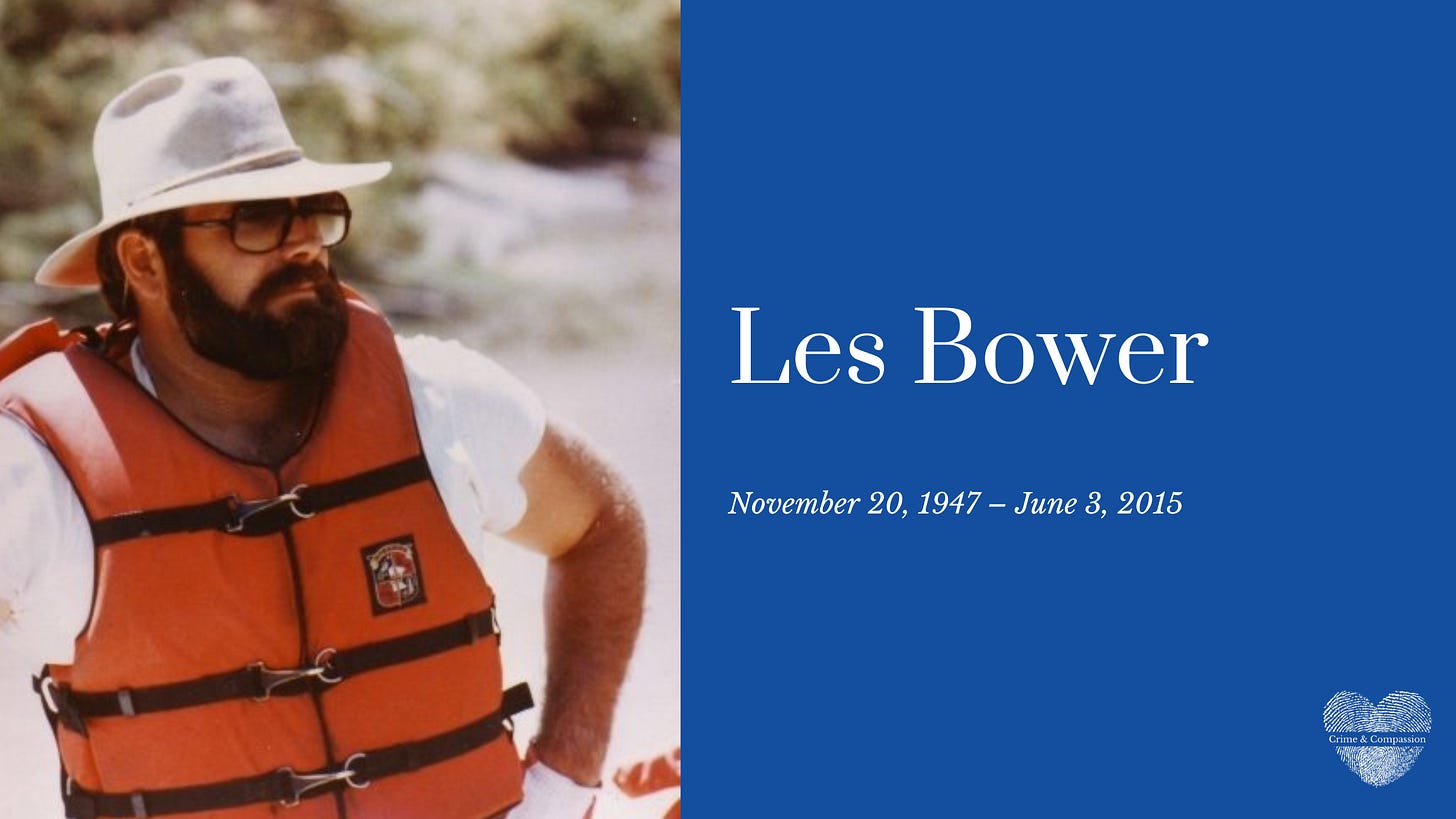



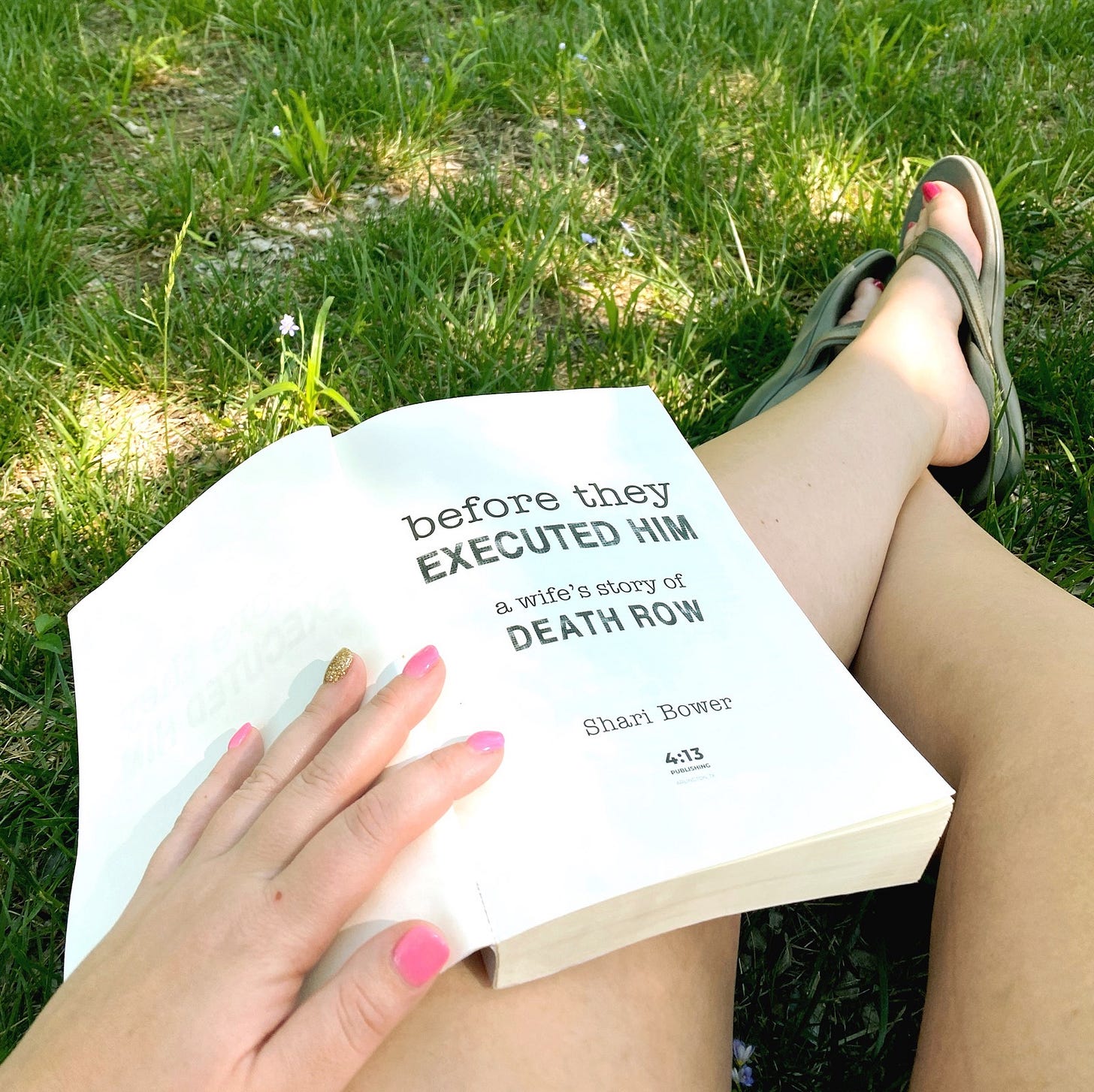

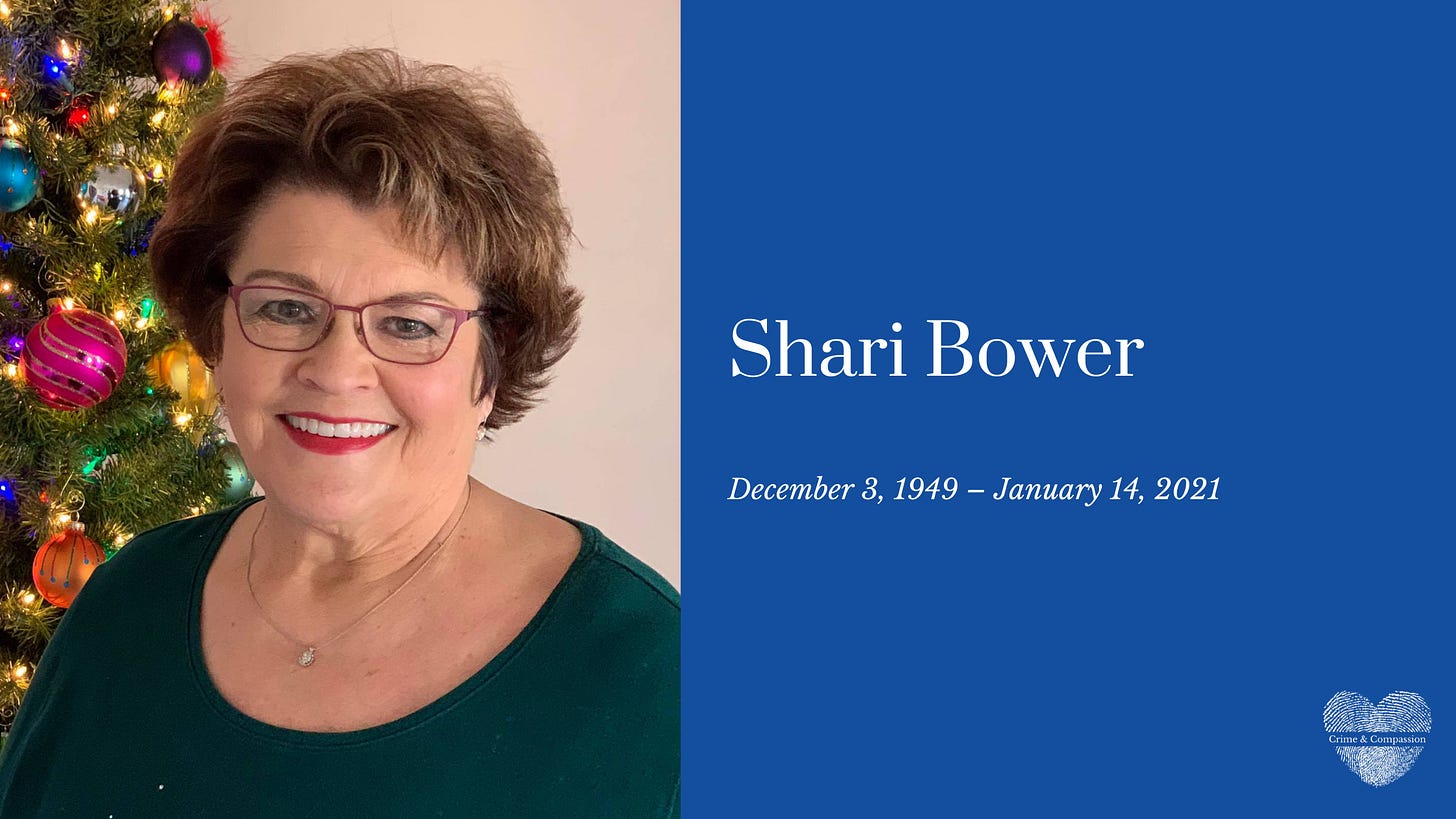






Share this post